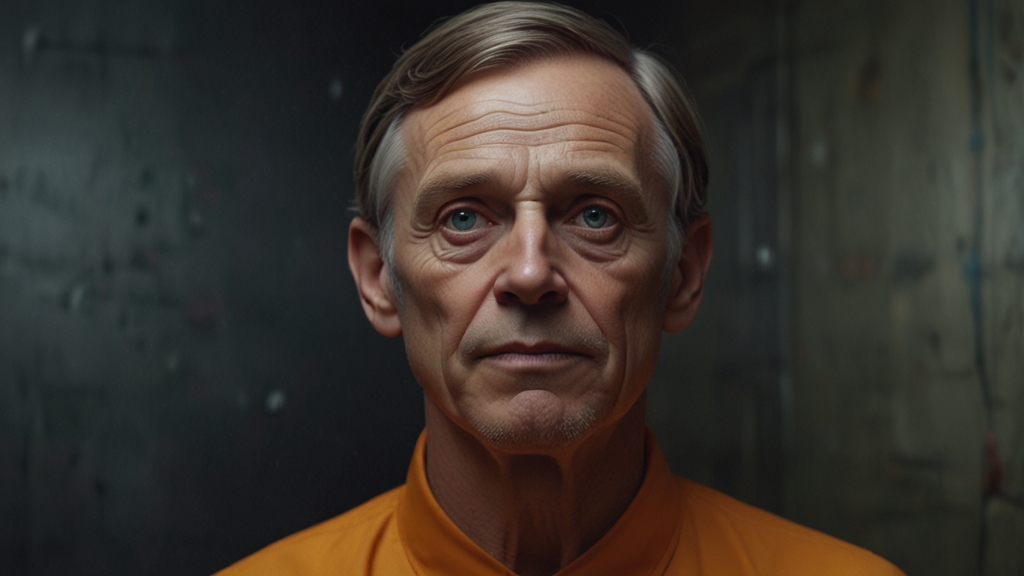The Clash of Empires: The Global Impact of World War I
World War I, often dubbed "The Great War," was a seismic event in global history. It spanned from 1914 to 1918 and is noteworthy not just for the scale of its military engagements but for its far-reaching impact on the political, economic, and social fabrics of societies globally. While rooted in European conflicts, its consequences were genuinely worldwide, marking the fall of empires and the emergence of new power dynamics.
The Collapse of Empires
The war precipitated the collapse of several longstanding empires. The Austro-Hungarian, Ottoman, Russian, and German Empires crumbled, leading to significant geopolitical shifts. These empires had long exerted influence over vast territories and diverse populations. Their dissolution resulted in the redrawing of national boundaries and the emergence of new states.
"The war fundamentally altered the political landscape of Europe and its colonies, restructuring world order and setting the stage for future conflicts and transformations."
Economic Upheaval
The financial cost of the war was astronomical, plunging many nations into debt. Europe, once the financial heart of the world, saw its economic supremacy diminish. The United States emerged as a leading economic power, shifting the global balance. War reparations and reconstruction efforts also strained economies, affecting global trade and economic policies.
The economic turmoil had profound social implications. High inflation, unemployment, and poverty were rampant in post-war Europe. The strain led to significant social unrest and fueled revolutionary movements, most notably the Bolshevik Revolution in Russia. The economic instability also contributed to the conditions that precipitated the Great Depression a decade later.
Social Transformations
The war also catalyzed significant social transformations. The role of women in society changed dramatically, as they took on roles traditionally held by men who were now on the battlefield. This shift began the momentum toward gender equality, although the fight for equal rights would continue for many decades.
The devastating human cost, with millions of soldiers and civilians dead or wounded, left a lasting scar on societies. The collective trauma contributed to a general disillusionment with pre-war ideals and a questioning of traditional authority structures. Literature, art, and philosophy from the post-war era reflected this sense of disillusionment and a quest for new meaning.
"The social upheaval caused by World War I was unparalleled, leading to significant changes in societal structures and accelerating movements for social justice and change."
Global Political Shifts
Politically, the war reshaped international relations. The Treaty of Versailles, which officially ended the war, imposed harsh penalties on Germany, leading to economic hardship and political instability in the country. This atmosphere of resentment and turmoil eventually contributed to the rise of Adolf Hitler and the onset of World War II.
The League of Nations was established in an attempt to prevent future conflicts, marking an early effort towards international governance and cooperation. Although it ultimately failed to prevent another global war, it laid the groundwork for the United Nations and the concept of collective security.
Decolonization Movements
The war's impact was felt far beyond Europe. In Asia, Africa, and the Middle East, colonial subjects who had fought for their imperial rulers began demanding greater autonomy and independence. The ideas of self-determination and national sovereignty proliferated, sowing the seeds for the decolonization movements that would gain momentum in the mid-20th century.
"The war's global reach extended to colonial territories, igniting aspirations for independence and laying the groundwork for the eventual dismantling of colonial empires."
Conclusion
The global impact of World War I was profound and multifaceted. It marked the end of old empires and the rise of new powers, reshaped economies, and transformed societies. Its aftershocks were felt for decades, influencing the geopolitical landscape and setting the stage for future conflicts and transformative movements. The lessons and legacies of World War I continue to resonate, reminding us of the far-reaching consequences of global conflict.







